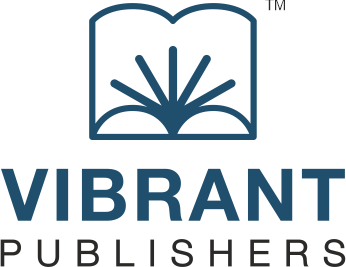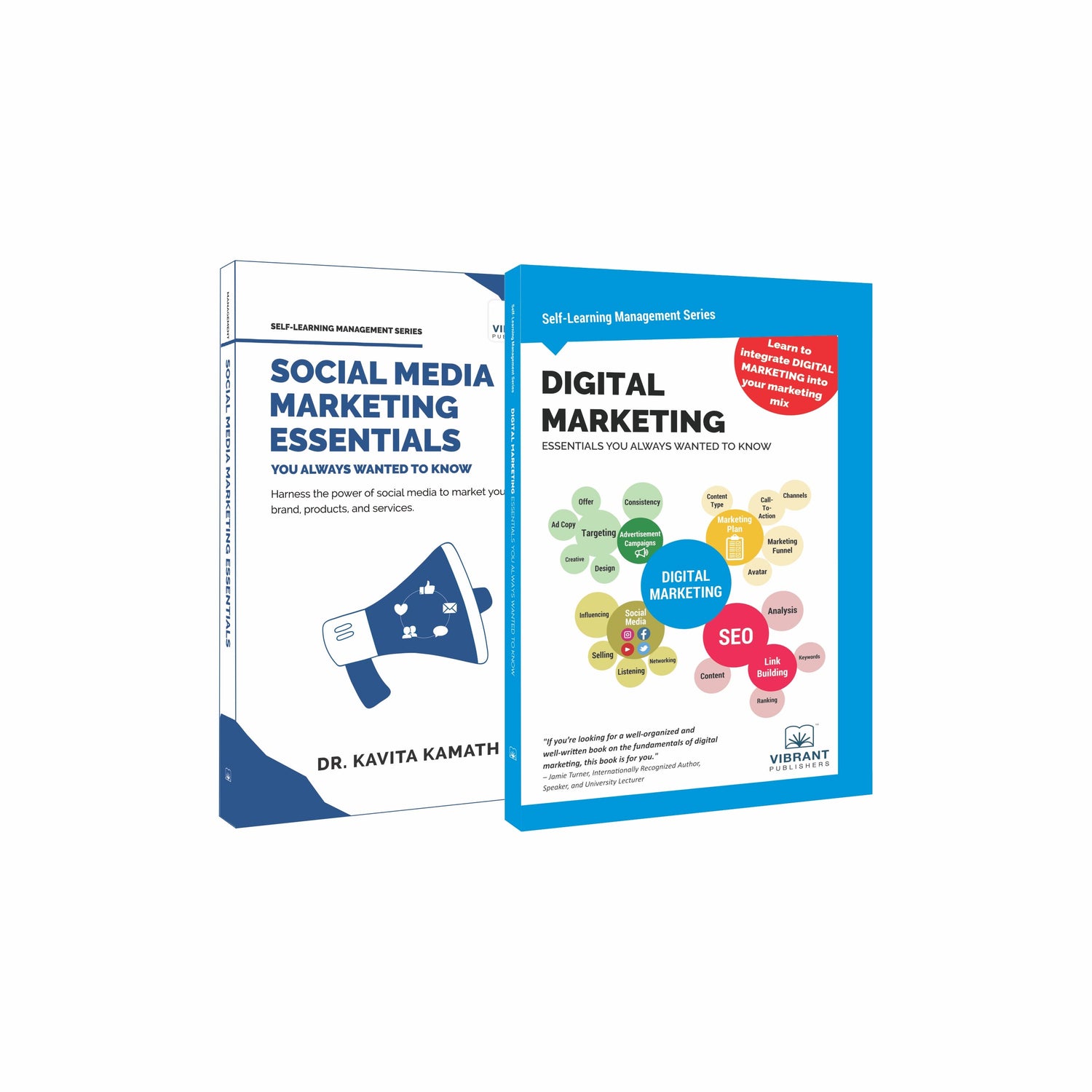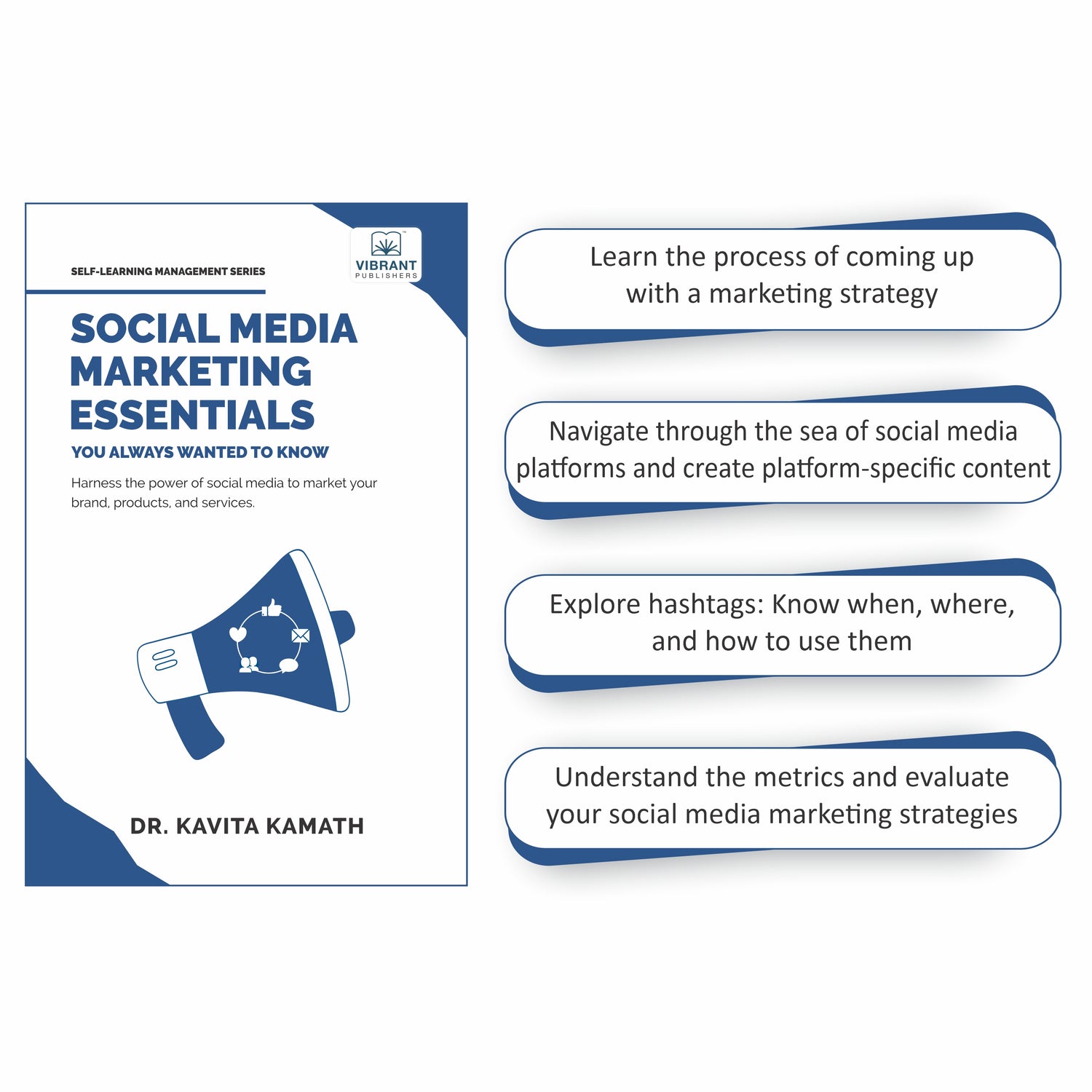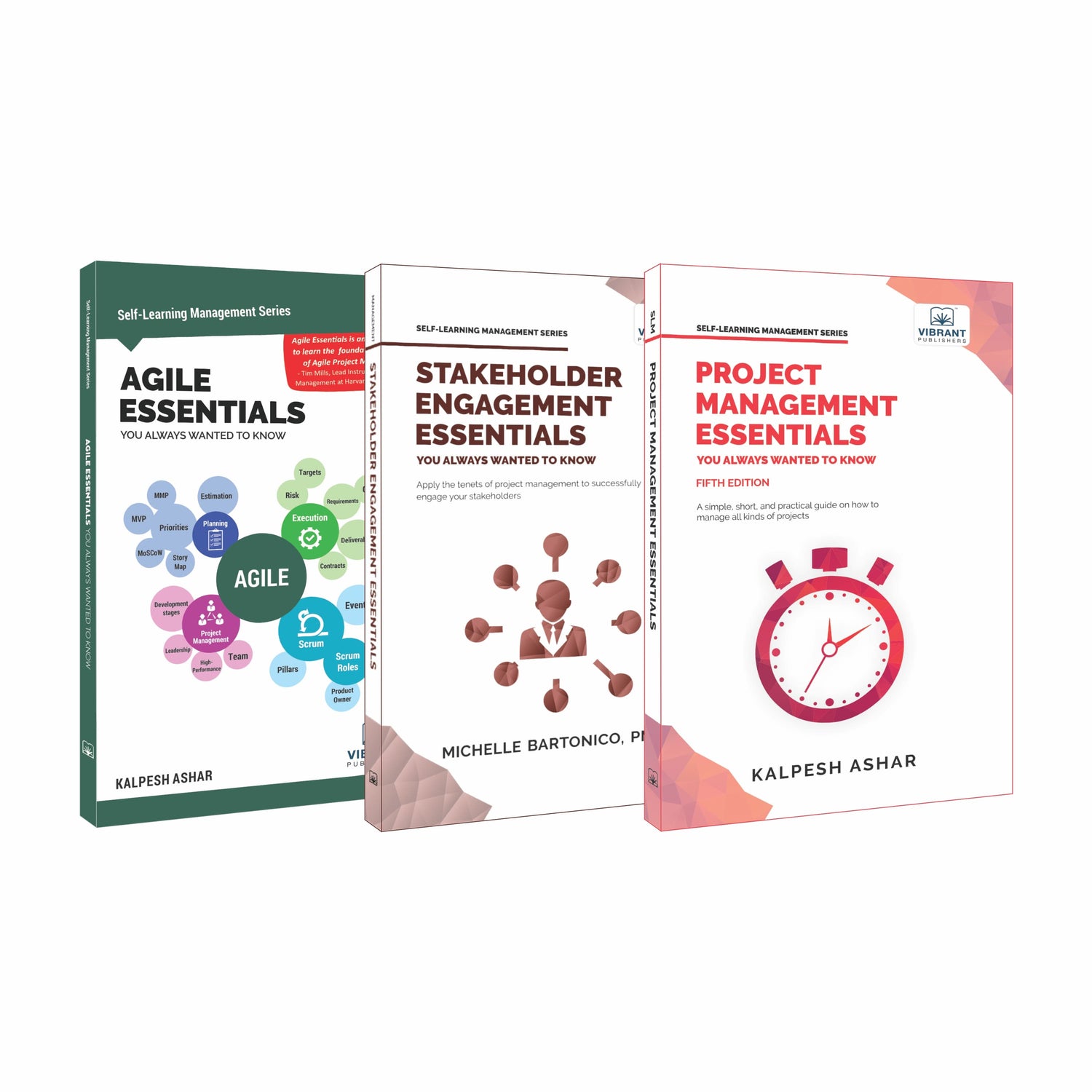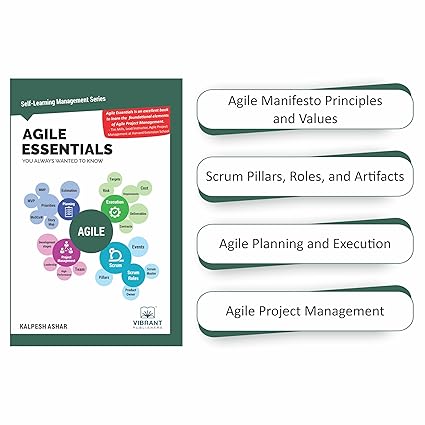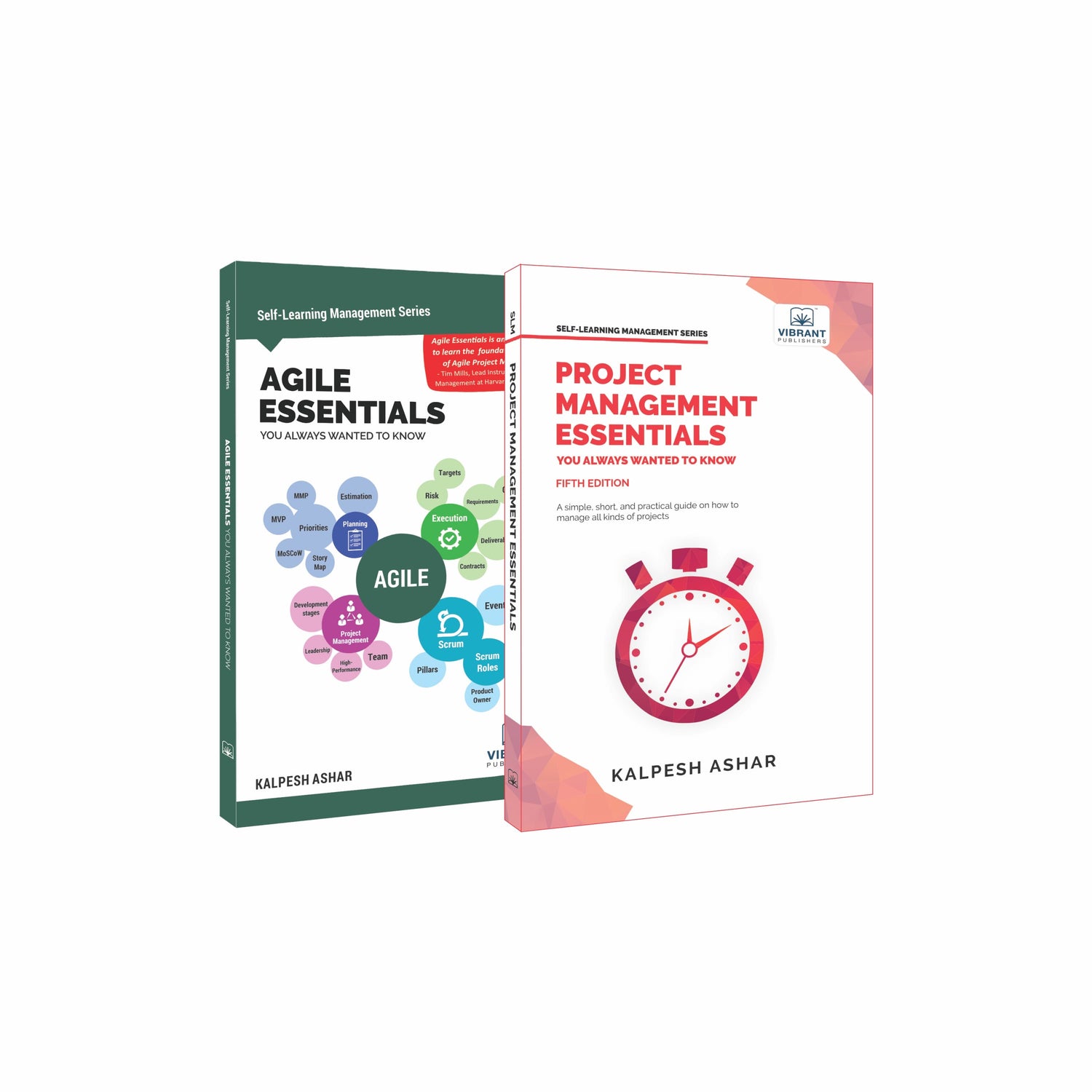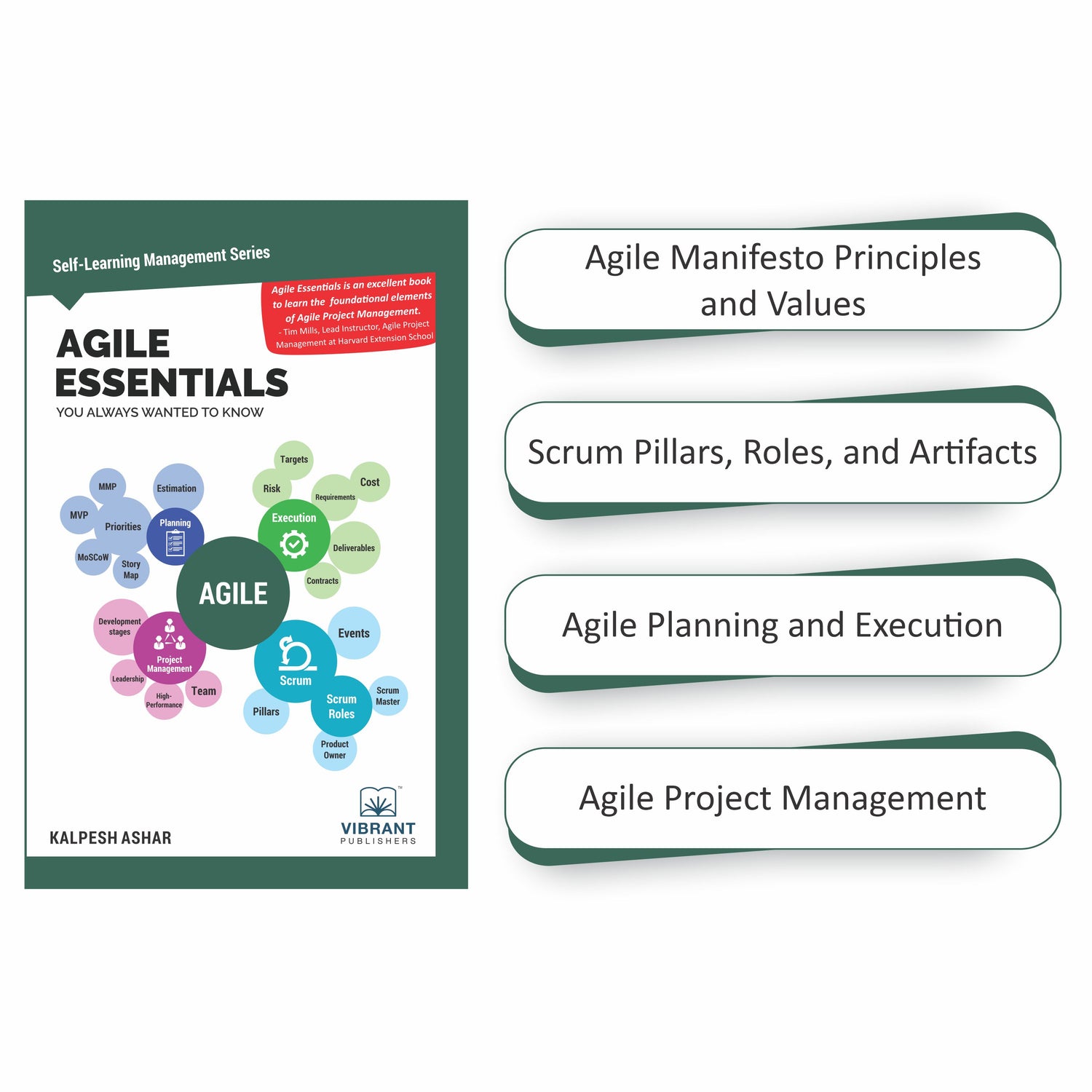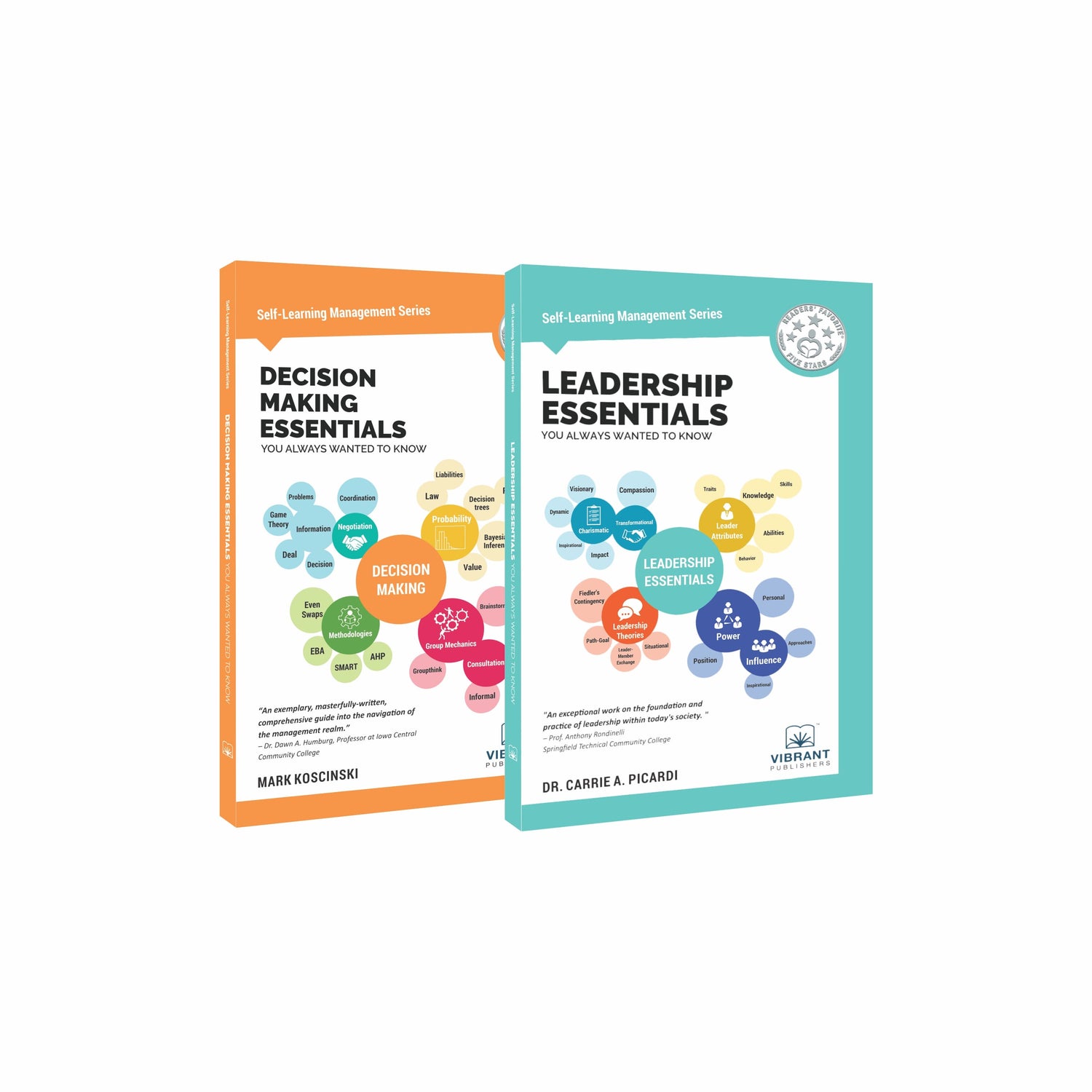Home
-
Blogs on Human Resource and Organizational Success
-
Understanding why the human resource department is so vital for an organization

Understanding why the human resource department is so vital for an organization
by Vibrant Publishers
“Human resources is the heartbeat of an organization,” says Dr. Denean Robinson, professor and consultant in the field of human resources and leadership, in the podcast titled People Power: Insights and Strategies for HR professionals. That one word, ‘heartbeat’, is the key to understanding what human resources is all about. You’d be surprised to know that human resources is a fairly young field of practice. The concept of an “HR professional” dates back to the early 20th century, when employment clerks assisted in hiring people to work in factories in the US. From there, it has evolved into a complex system that includes but is not limited to labour laws, workplace ethics, and hiring practices, with specialized departments in organizations set up to regulate the human capital of the company.
Let’s understand why knowing and studying human resources is so important today.

Without a strong HR department, a company will falter
In her podcast, Dr. Robinson speaks about how a robust HR department contributes to supporting the daily functions of an organization. Human resources management is all about understanding the capacity and role of the human capital in the organization and ensuring that every cog in the wheel of the human capital machine is working smoothly. As Dr. Robinson puts it, “Without a strong HR department, a company will falter.”
It’s not just about hiring (and occasionally firing!) but also about training employees. And then, there’s the most important characteristic of human capital that HR professionals must watch out for: making sure that the company is not just hiring the right people, but the right people from diverse backgrounds. That’s what we’ll come to next.
HR professionals are responsible for ensuring DE&I parameters are fulfilled
Diversity is a new buzzword that’s changing how employers and HR professionals view the workforce. DEI, which stands for diversity, equity, and inclusion, is a term that encompasses the core aspects of an organizational framework. Even putting aside ethical concerns, organizations today just cannot function with a homogeneous set of people who have identical resumes, interests, and cultural backgrounds. That’s where the role of the HR professional, who is the one selecting the right mix of talents, comes in.
Diversity in a workplace is not just about having people from diverse racial backgrounds. It is about choosing people who have vast and varied interests, across the range of roles available, so that collaboration across departments becomes richer and brainstorming sessions generate a diverse selection of ideas. People who are similar will have similar thought processes, but, for example, a company that has employees across age brackets will be more vibrant and will generate more learning opportunities, directly as well as indirectly.
An HR department is not something a company should compromise on
Dr. Robinson, who has more than 17 years of work experience in the field of human resources, leadership, marketing, and organizational development, says that it’s always best to have an HR department. An HR department functions as the bridge between the employees of the organization and the top management. So yes, the HR department is responsible for Fun Fridays, but also a redressal mechanism for filtering employee complaints and queries. HR departments function as a professional development component for the organization, assisting in regular ongoing education and ensuring the back-end processes of the company work well. They’re basically the “back-end developers” for the “front-end” workplace you see.
Conclusion
As HR departments are faced with the challenges pertaining to a modern workforce, understanding what human resource management entails is crucial for adapting to the needs of the 21st-century workforce. Aspiring HR professionals need to up their game, learning not just how to manage the workforce but also what the workforce looks like today. Our next blog in the series looks at the “people power” needed to manage a successful and thriving workforce. Listen to the full episode on Spotify, where Dr. Denean Robinson explains what the field of human resources requires in today’s world.
Listen to the full podcast on Spotify here or watch the video on Youtube here.
Read the second blog in this series here.
Other resources for learning about human resourcesHuman Resource Management Essentials You Always Wanted To Know
Diversity in the Workplace Essentials You Always Wanted To Know
Organizational Behaviour Essentials You Always Wanted To Know
Organizational Development Essentials You Always Wanted To Know
Share
